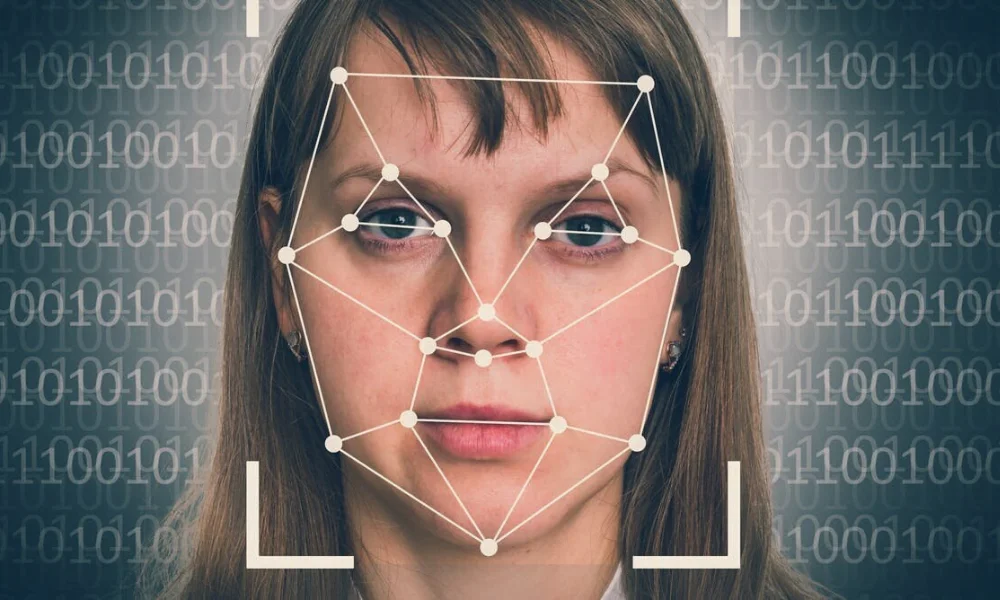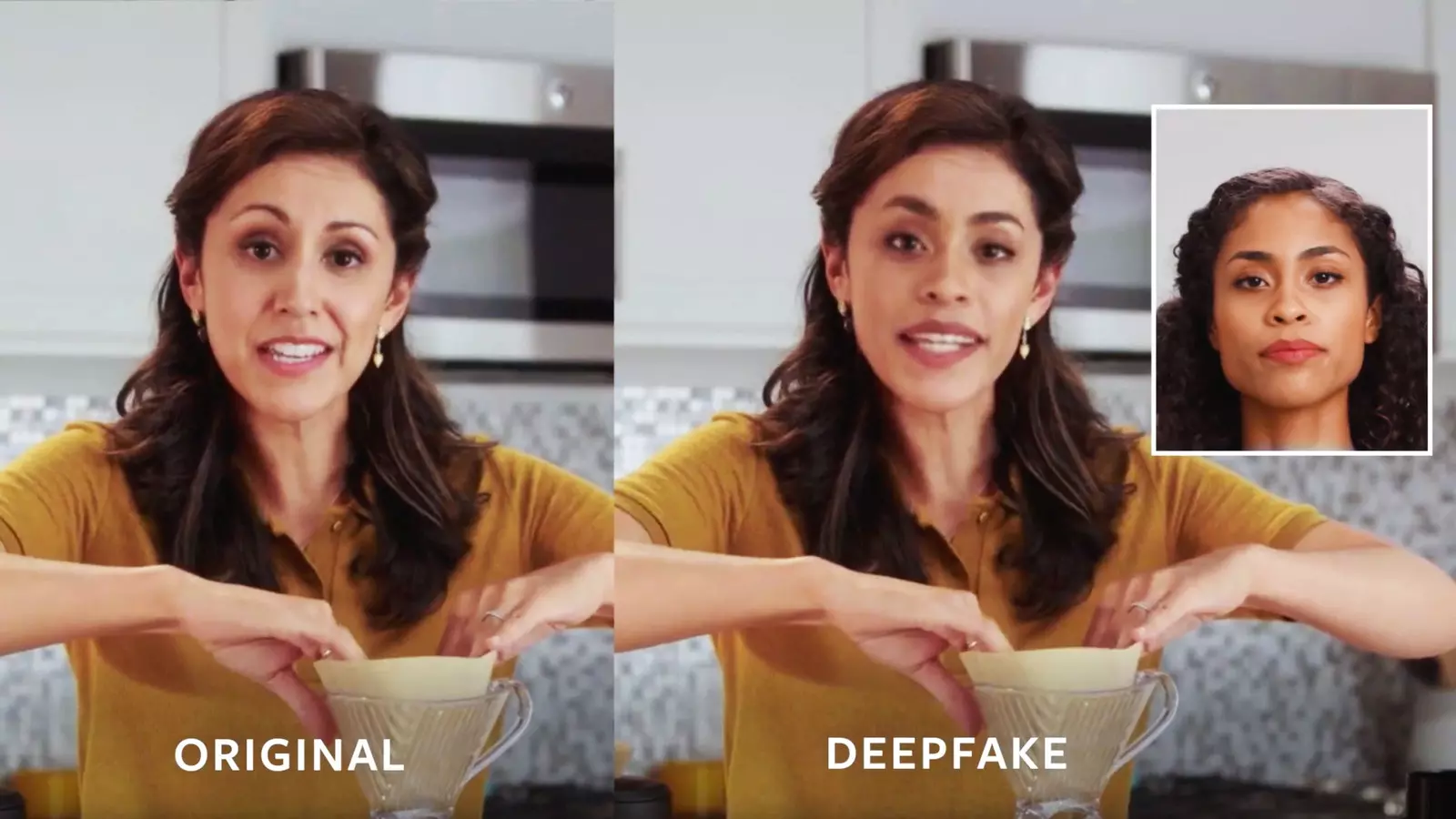In the year 2025, personality rights have been quite in the news and on social media. Many major celebrities from Bollywood, from Amitabh Bachchan to Chiranjeevi, filed petitions in Delhi High Court seeking protection from their digital selves, i.e., their face, voice, image and personality, from unauthorised misuse on the internet. The Economics Times called this ‘a broad movement’, which seems accurate; the onslaught of lawsuits is a sign of a big shift in the way we will have to deal with questions of one’s identity in a world dominated by artificial intelligence.
The Delhi High Court has been proactive in several cases involving AI and deepfakes. The court has been assertive in ordering swift and comprehensive takedowns of deepfake content, which is a significant legal development in India. Whether it was memes, AI-voice clones for ringtones or deepfakes turned into pornographic edits, generative AI has turned creating non-consensual fake identities into a legal battle for human rights.
Understanding personality rights
Many users on social media see these legal battles over personality rights by celebrities as ‘rich people’s image protection’, arguing that celebs are now realising the impact of digital misuse while common people continue to suffer every day. Recently, the daughter of Shah Bano Begum approached the Madhya Pradesh High Court, filing a petition against the makers of the film Haq. She mentioned that her mother’s identity has been used without consent, the portrayal of her life is shown in a derogatory manner and therefore her personality rights have been violated.

According to The Hindu, personality rights are the legal entitlement of an individual, especially a public figure, to protect the use of their name, voice, image and personality against unauthorised use and disgraceful exploitation.
A recent report by the Bar and Bench highlights that personality rights in India began as a tool to protect public figures from commercial misuse. However, in the last two years with several extreme cases, the doctrine has covered more than commercial misuse — memes, fan pages and catchphrases.
A recent report by the Bar and Bench highlights that personality rights in India began as a tool to protect public figures from commercial misuse. However, in the last two years with several extreme cases, the doctrine has covered more than commercial misuse — memes, fan pages and catchphrases. In October 2025, the Indian government proposed rules requiring AI-generated content to be clearly labelled with visible marks on all forms of content, highlighting that AI misuse of identity is a public safety concern, not just a private one.
The misuse of technological advancement
Ever since the world was introduced to Gen AI, it has altered reality and increased threats. From apps that ‘nudify’ a person to voice clones, the technology has gone far beyond. In an article by The Guardian, it highlights that Indian women deliberately refrain from posting any pictures online because of the misuse by Gen AI and deepfakes, which clone their pictures in pornographic edits or nude pictures. In Karnataka, 12 deepfake cases were registered in the span of two years, showcasing how Gen AI is moving beyond fun into criminal misuse. From fake videos of high-profile public figures used in certain investment fraud to deepfake pictures of women and actors to stalk and harass, the case had it all.
In a report by DHS, the threat of Gen AI lies not in the tech used in creating it but in people’s instinct to believe what they see. People in the US increasingly seem to trust AI systems and view them as ‘human-like’. This growing culture is what makes AI impersonation beyond strong because when viewers subconsciously treat deepfakes or Gen AI-trained videos as authentic automatically, the digital misuse of identity becomes easier and way more damaging.
The personality rights go beyond fame
While celebrities are making headlines about personality rights, it is an underlying issue affecting every digital user. The misuse of identity is not only about monetising brands but also about individual digital self-sovereignty, which goes beyond fame.Deepfakes and AI clones have threatened individuals despite their status, eroding their trust and undermining their consent.

The personality rights are about the right to be oneself in the digital world. An article highlights that Gen AI is a human rights issue because of the ability to replicate faces and personalities without consent for unauthorised use. The implication of Gen AI has seen a rippling effect in politics as well. In an Indian election report, it was revealed that over 50 million AI-generated calls were made for political campaigns, raising fears of manipulation. The likeness, voice and personalisation are being misused in politics for vote-influencing and can accelerate into larger issues in a country.
Just as in the 20th century, when we fought for free speech, today in the 21st century, we are fighting for personality rights with AI. Once our identity was just ours, but today, it’s something that can be cloned, edited and sold anywhere in the world. In this digital world, protecting one’s digital footprint is more essential than ever. If, by any chance, one loses control, then they lose control of how they are seen, heard or defined digitally.




